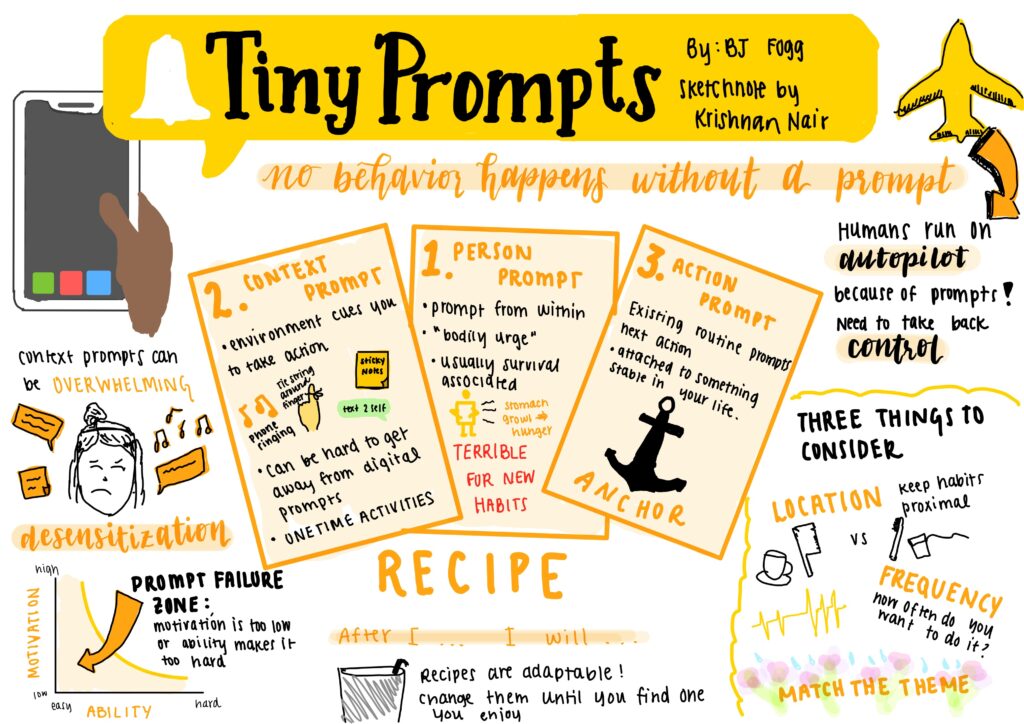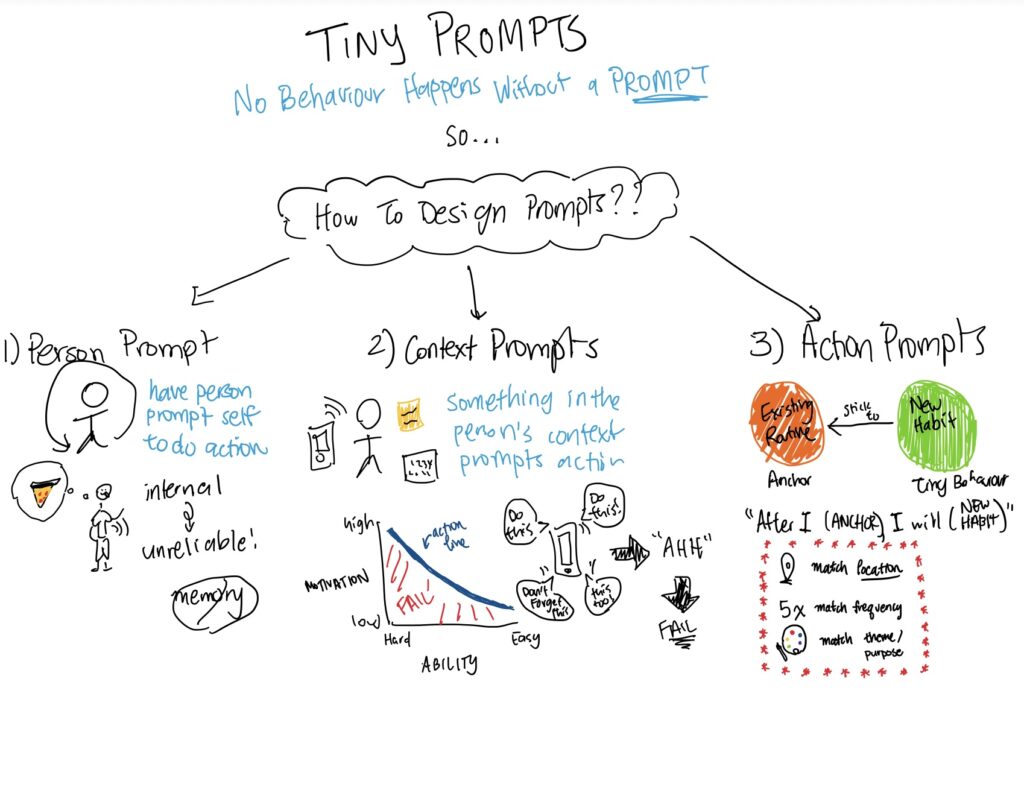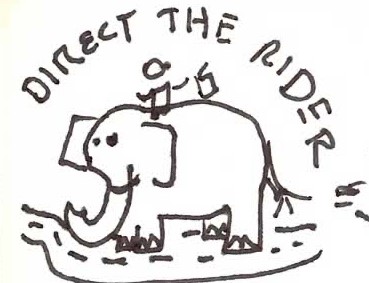I am a computer scientist and (training for) an economist, and for me, Facebook holds great opportunity to do research in its customer environment. Nowhere else can I hope to find the treasure trove of data that it has, and the scope for experimentation to understand and influence human behaviour. Perhaps so at a few other big tech companies (Google/Netflix maybe). In this sense, it gives my work a high degree of meaning, and some implicit power, as suggested in our [[https://saylordotorg.github.io/text_the-business-ethics-workshop/s09-01-finding-jobs-to-want.html][reading]].
However, almost by definition, this may already seem unethical, as suggested by our discussions of ethics, because of the potential for immense influence in the hands of a single entity, which is susceptible to misuse. In that case, what exactly is unethical? Is it’s attempt to capture market share from existing media companies unethical – that cannot be, since companies born and die, and entire industries change. Perhaps what is unethical is Facebook’s attempt to capture market value by potentially reducing the quality of content consumed by individuals – perhaps drastically so by making them addicted. This is the reason I would disconsider working at Facebook, if at all. It would have nothing to do with market power. It is not up to an individual company to decide to stay small; it is up to economic instiutions (democratic in the US) to decide that, and intense market concentration is sheerly a fault of the market and its organizers, not the company.
With regard to the potential for addiction; I wonder if it is a bad thing to be in a position of great influence in the first place. For sure, with great power comes great corruption – so perhaps the way to close this is to say that I would not work in a position which can afford me huge influence. But that cannot be – certainly there are individuals who have greater influence than any one at Facebook. Surely one wants to be the president of a nation, say? This leaves the last alternative as Facebook potentially specifically indulges in profiting from supplying content to its users which the user base enjoys and is objectively negative for them. This is suggestive addiction. To that, my position is that I would not like to work to make methods to addict people; but I would like to go inside Facebook to understand how exactly it is doing this, and how it can be stopped. I would like to work on the problem of addiction, not on the problem of making people addicted; and Facebook affords me one of the strongest ways to do that. I might try to change things from within Facebook, or from outside after I understand this. My most serious challenge against working at Facebook would be from competing options in similar companies which are ostensibly not AS unethical, assuming that’s true.



